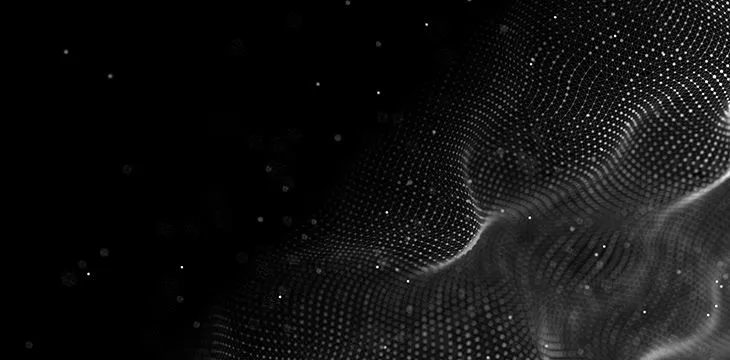|
Getting your Trinity Audio player ready...
|
Blockchain technology is going to space! European blockchain startup Hypervine has partnered with the European Space Agency to improve the accuracy of satellite imagery. The project will focus on mining companies that rely on this imagery and will seek to eliminate small changes that are carried down the chain to devastating effects.
The Glasgow, Scotland-based startup announced this week that its blockchain system will be used to record and store data from satellites for the mining industry. The distributed ledger ensures that the data will be of the highest accuracy, the company said in a statement. Some of this data includes readings for mineral, topography, density and liquid readings, reports Oil and Gas.
In the mining industry, the access to up-to-date data can be quite a challenge. Some of the data collection and recording processes are yet to be digitized. In other cases, even digitized data has to be counterchecked by several parties before it can finally be put to use. Small changes are sometimes made on this data, which when carried down the chain, can have devastating effects, leading to loss of money and in some cases, loss of life.
Blockchain is immutable and thus, these small changes will be avoided, the company stated. The new system will be in use by over 500,000 extraction sites around the globe. Around 2,000 of these are in the U.K., with their combined profits hitting over $100 million annually.
Paul Duddy, the founder and CEO of Hypervine, and the mind behind its blockchain system, commented, “Working with the European Space Agency is an incredible honour at such an early stage in our development. I started out having seen the potential to help a host of different industries bring their process into a digital age, but also to help eradicate the all too often catastrophic and sometimes fatal accidents that occur due to miss-recorded data or lost paperwork.”
Hypervine has already worked with Napier University in Edinburgh and was selected as one of the companies to be incubated in the Scottish Centre of Excellence in Satellite Applications. It also works with a number of companies in Germany, the U.S. and the U.K. including British construction giant Galliford Try. According to its founder, its technology will also allow wider environmental savings by allowing operational efficiencies and thus a reduction in carbon emissions.
ESA’s Beatrice Baressi commented, “The use of satellite-based data for mining work is already a sector experiencing huge investment and funding across private and nationalised space programs. […] Working with companies such as Hypervine allows us to achieve these goals whilst improving the standards across multiple industries. It has been great working with Hypervine on this project and, we look forward to the next phases to come.”

 07-08-2025
07-08-2025 





